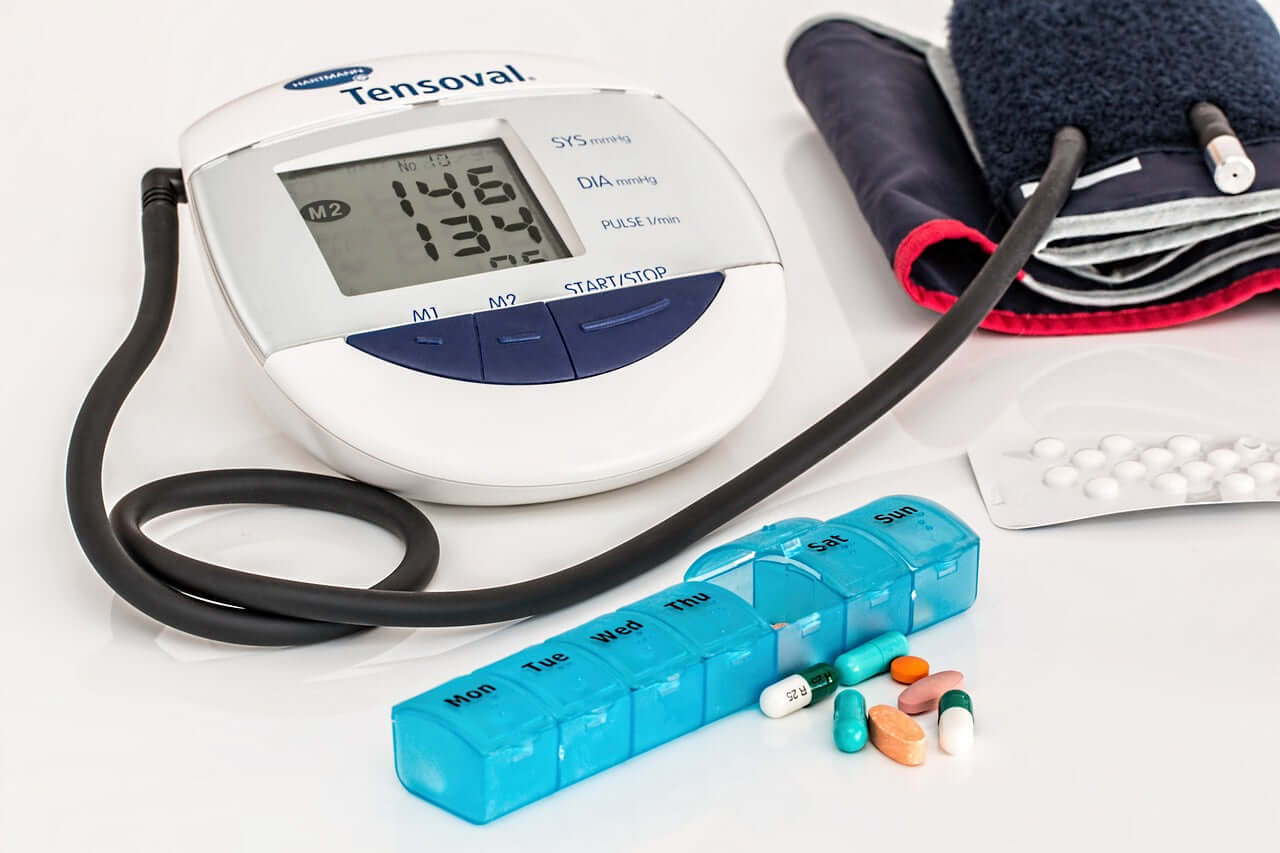Have you ever wondered what foods fight reflux ?
Gastroesophageal reflux is a fairly common condition that causes a distinct burning sensation in the lower chest, also known as heartburn.
This condition occurs when stomach acid backs up into the esophagus, the tube that connects your mouth to your stomach. Although it is a common problem, reflux can cause significant discomfort and affect your quality of life if not managed properly.
In today's article, in fact, we will see together what the causes of gastroesophageal reflux can be. In addition, you will discover the existence of foods against reflux that will allow you to alleviate its symptoms.
Causes of gastroesophageal reflux: what are they?
The causes of gastroesophageal reflux can be multiple and vary from individual to individual. Precisely for this reason, if you experience this condition in your daily life, it is good to take the problem into consideration. Among the most common causes we find:
1. Incorrect nutrition
A diet high in fatty, fried, spicy foods, chocolate, caffeine, alcohol, and carbonated beverages can worsen the symptoms of acid reflux. These foods can:
- Increase stomach acid production : Fatty and fried foods take longer to digest, stimulating increased production of stomach acid;
- Irritate the esophageal lining : Alcoholic beverages and caffeine can irritate the esophagus, increasing the burning sensation;
- Relax the lower esophageal valve : Foods such as chocolate and alcohol can reduce tension in the muscle that separates the stomach from the esophagus, making it easier for acid to move up.
Obesity is a major cause of gastroesophageal reflux. Excess weight, especially in the abdominal area, can:
- Increase intra-abdominal pressure : This additional pressure pushes gastric acid upward, overcoming the barrier of the lower esophageal valve;
- Impaired diaphragm function: Abdominal fat accumulation can impair the functioning of the diaphragm, reducing its ability to prevent reflux.
Cigarette smoking negatively affects many bodily functions, including the digestive system. In the case of gastroesophageal reflux, smoking can:
- Compromising the lower esophageal valve : Chemicals in cigarette smoke can reduce the effectiveness of this valve, allowing acid to back up into the esophagus.
- Increase stomach acid production : In fact, smoking stimulates the production of acid in the stomach, worsening the symptoms of reflux.
4. Pregnancy
During pregnancy, many women experience gastroesophageal reflux due to two main factors:
- Hormonal changes: Pregnancy hormones, such as progesterone, relax smooth muscles in the body, including the lower esophageal valve, increasing the risk of reflux;
- Abdominal pressure : As the fetus grows, the uterus expands, increasing pressure on the abdomen and pushing the stomach upward, making it easier for acid to come back up.
5. Hiatal hernia
A hiatal hernia is a condition in which part of the stomach protrudes through the diaphragm into the esophagus. This can:
- Compromising the anti-reflux barrier : Protrusion of the stomach through the diaphragm reduces the effectiveness of the lower esophageal valve, facilitating reflux;
- Increased intra-abdominal pressure: A hernia can cause increased pressure in the stomach, pushing acid up into the esophagus.
Foods Against Reflux: How to Alleviate Symptoms with Proper Nutrition
Diet plays a crucial role in managing acid reflux. There are several foods that can help reduce symptoms and improve your quality of life. Here are some of the best foods for acid reflux:
- Green leafy vegetables : Spinach, kale and lettuce are low in fat and sugar, helping to reduce acidity;
- Non-citrus fruits : Bananas, apples and melons are safe options that do not increase acidity;
- Lean meats : Chicken, turkey, and fish are low-fat sources of protein;
- Whole grains: Oats, brown rice, and quinoa are rich in fiber and aid digestion;
- Ginger : With anti-inflammatory properties, ginger can soothe the stomach and reduce inflammation;
- Aloe Vera: Known for its soothing properties, aloe vera can help reduce irritation of the esophagus.
In addition to including these foods in your diet, it is advisable to avoid large meals and opt for small frequent meals. It is also important not to lie down immediately after eating and to maintain an upright position for at least two hours.
When Foods Against Reflux Don't Work: The DNA Test
In some cases, despite a proper diet, reflux symptoms may persist. In these situations, it may be useful to perform a DNA test to better understand the origin of the problem.
DNA testing can reveal genetic predispositions that significantly affect the function of the stomach and esophagus, as well as the ability to metabolize certain nutrients.
With this information , you can take a more personalized and targeted approach to managing your GERD. For example, you may be predisposed to certain food intolerances or conditions like hiatal hernia.
Contacting Holifya to perform a DNA test allows you to get the kit needed to perform it directly at home. Once you have performed the test, you will only need to request the collection of your sample and in a few days, you will get the results to combat reflux!




Leave a comment
This site is protected by hCaptcha and the hCaptcha Privacy Policy and Terms of Service apply.